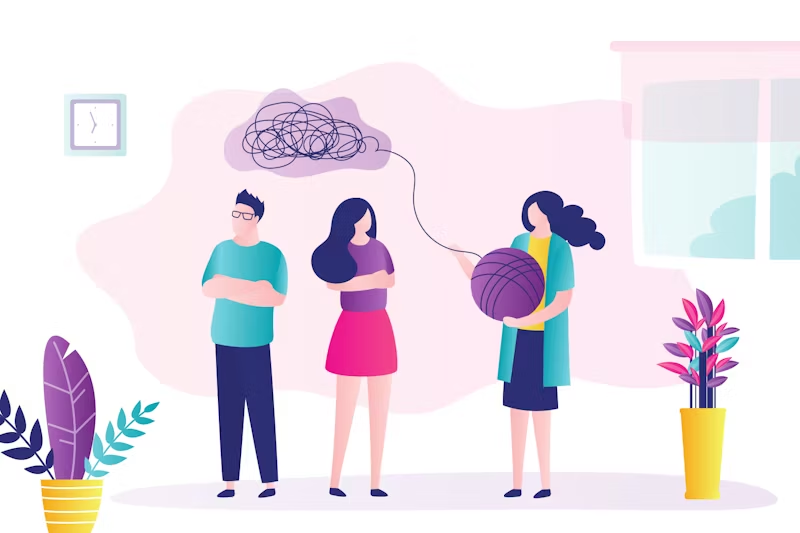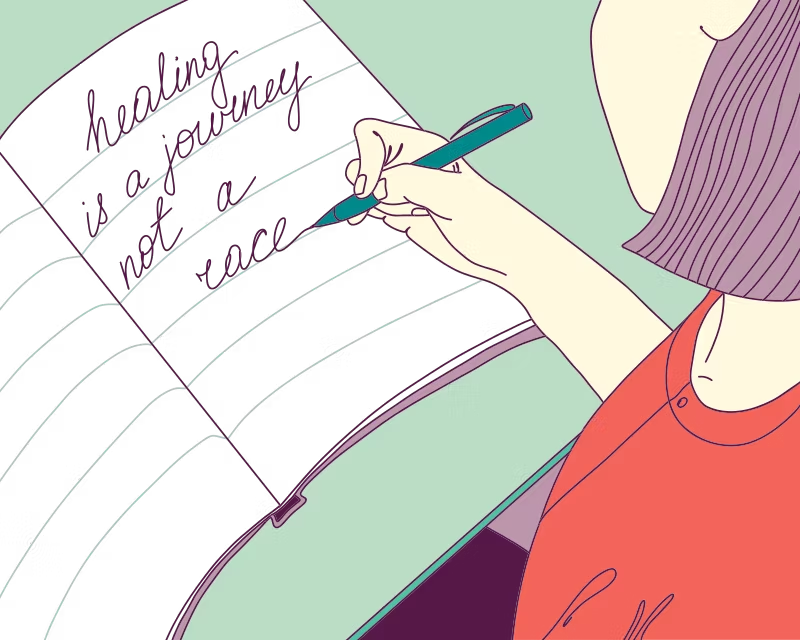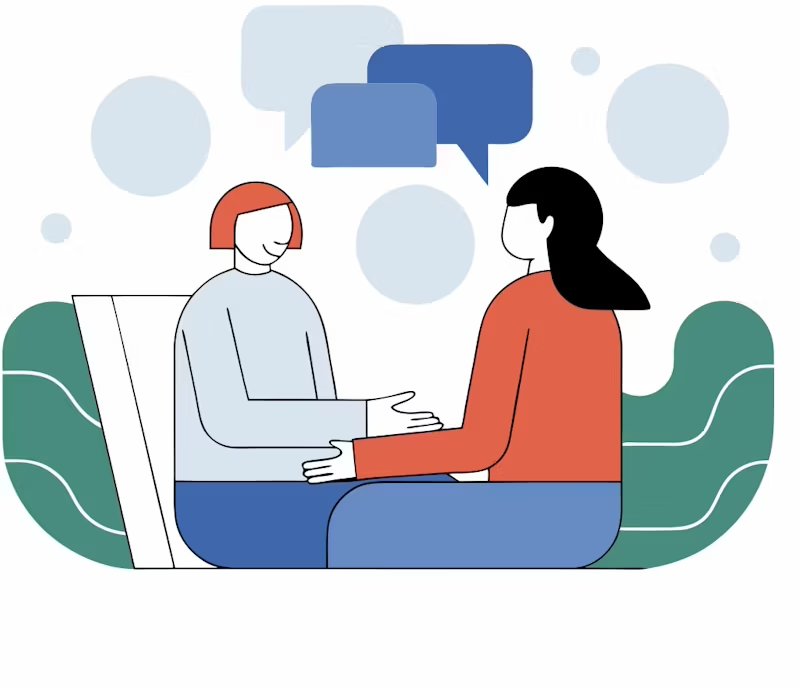
What Exactly is Codependence?
Codependence is a dysfunctional pattern of behavior in which one person excessively relies on another for emotional, psychological, or even physical support, often at the expense of their own needs and well-being.

Codependence is a dysfunctional pattern of behavior in which one person excessively relies on another for emotional, psychological, or even physical support, often at the expense of their own needs and well-being.

If you practice this for a week, you can add 5 minutes of mindfulness each time (for a total of 10 minutes week two) to continue building this helpful and basic practice over time. You’ll be surprised how effective this basic technique may be.

During times of stress—like navigating a divorce or major life change—practicing self-care can be a lifeline, helping to maintain stability and manage anxiety.

Divorce is often likened to grief—it involves losing a relationship, a shared future, and, sometimes, even a sense of self. The grieving process during and after a divorce can feel particularly intense, as it encompasses the loss of a partner, the ideal of what a family “should” be, and the dissolution of dreams and expectations.

Here are some journaling exercises tailored for someone who is considering or going through a divorce:

When contemplating divorce, it’s a time filled with intense emotions, uncertainty, and difficult decision-making. It’s important to take steps that provide clarity, emotional support, and space for personal growth.

Couples therapy helps partners improve communication, resolve conflicts, and rebuild trust. It offers a safe space for open dialogue and can lead to stronger relationships or amicable separation. Success depends on commitment, with rates ranging from 50-75%.

Seeking support for domestic abuse can feel overwhelming, but you are not alone. Numerous organizations offer confidential help, safety planning, and legal resources to ensure you feel safe and supported. From 24/7 hotlines to shelters, therapy, and legal aid, there are many ways to get assistance. Whether you need immediate help or long-term support, these trusted resources can guide you toward safety and healing.

Reflect on your past relationship to gain clarity and heal. This exercise guides you to examine both the positives and negatives of your experiences—from identifying early warning signs to expressing unsaid thoughts—all with a healthy dose of self-compassion. With a little peace, quiet, and honest introspection, you’ll uncover valuable insights that pave the way for healthier, more fulfilling relationships in the future.

Therapy can provide vital support during and after divorce, helping with emotional struggles, conflict resolution, and co-parenting. It offers stress management during legal proceedings and aids in healing and rebuilding relationships post-divorce. If emotions feel overwhelming or affect daily life, therapy can help restore balance and guide you forward.
Disclaimer: Information found on Onward.Life, and in this article is for informational purposes only and should not be considered legal, financial, or tax advice. For guidance on your specific situation, please consult with a qualified attorney, financial advisor, or tax professional.